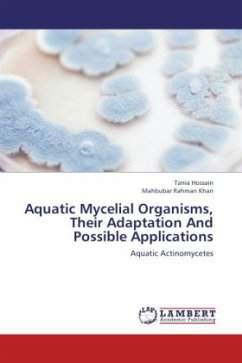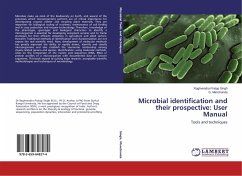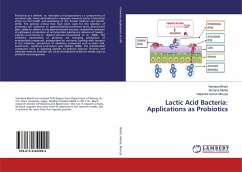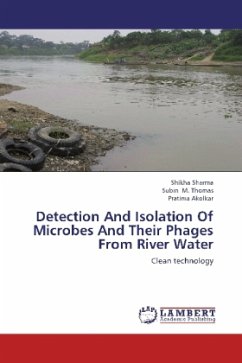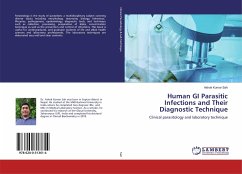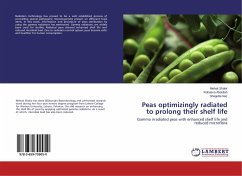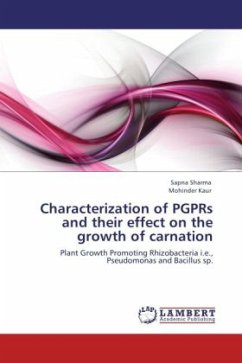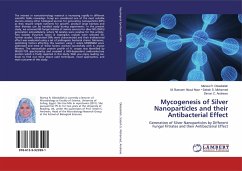Aquatic mycelial organisms, especially actinomycetes were isolated from different sites of Dhaka Metropolitan City and Sunderban (Khulna) area. From a total of 39 isolates, 30 were studied in detail and their provisional identification was attempted. Out of 30 isolates 27 were found to belong to the genus Streptomyces and the remaining three were the members of 3 different genera viz. Pseudonocardia, Microbispora and Saccharomonospora. The adaptive nature of the isolates to the aquatic habitat were examined and it was found that most of the mycelial organisms when grow under submerged condition, they occasionally fragment into reproductive units for the purpose of propagation. Normally specialized reproductive structures like spore chains, sporophores, sporangia or exospores are not produced by these organisms. But the organisms, which produce aerial growth they may produce, fragmented reproductive units in the submerged portion and different types of spores on the aerial parts. The effect of radiations viz. colored lights, solar, ultraviolet, infrared and microwave radiation on the selected isolates were studied.The selected isolates possess allelochemicals.
Bitte wählen Sie Ihr Anliegen aus.
Rechnungen
Retourenschein anfordern
Bestellstatus
Storno

